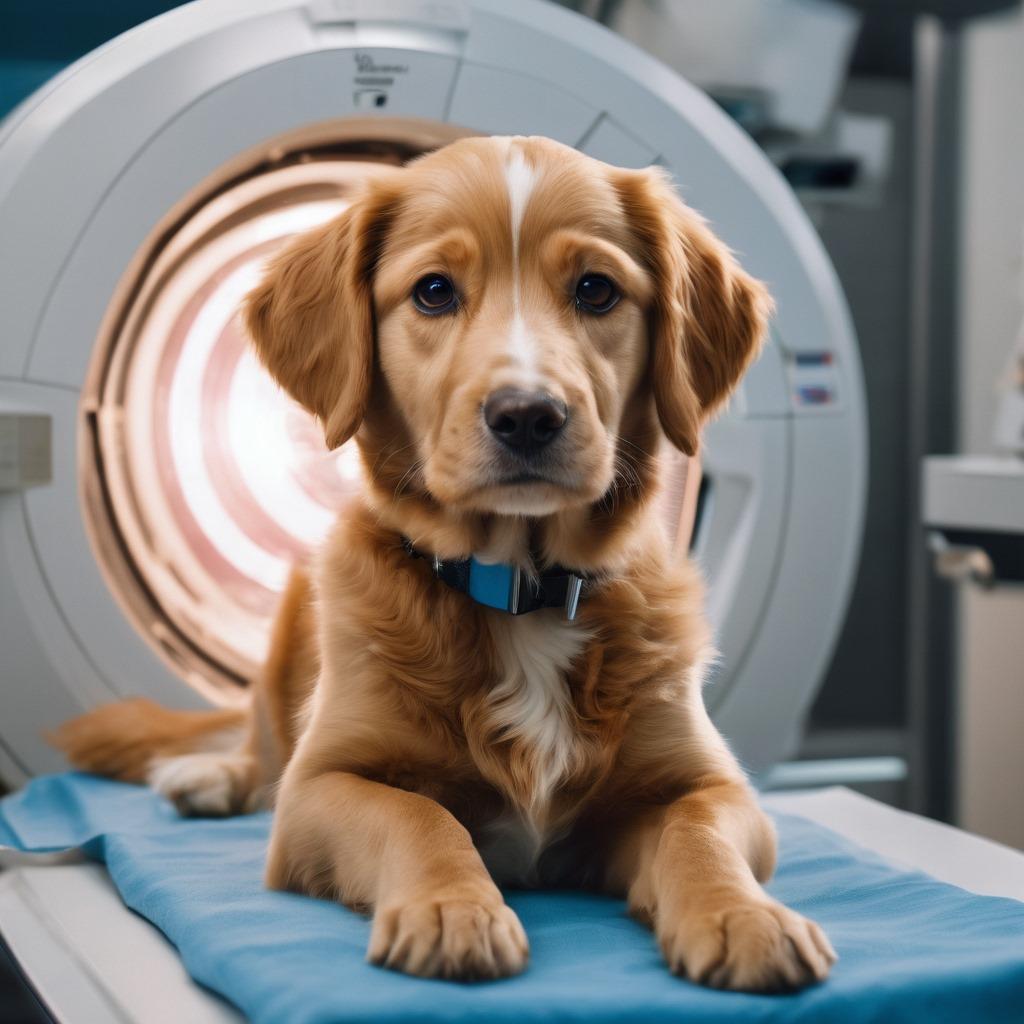
As technology continues to evolve, so does the field of veterinary care. One of the most significant advancements in recent years has been the use of computerized scans to improve diagnosis and treatment in animal hospitals. These scans, which include computed tomography (CT) and magnetic resonance imaging (MRI), have quickly become essential tools for veterinarians, offering improved accuracy and precision in detecting and treating a wide range of conditions in pets and other animals.
Computerized scans are transforming animal hospitals in a number of ways. First, they allow veterinarians to obtain detailed and comprehensive images of an animal’s internal structures, including the brain, spine, and organs. This level of detail is often not possible with traditional imaging methods and provides invaluable insights into the nature and extent of an animal’s condition. Additionally, computerized scans can be used to guide veterinarians during surgical procedures, helping to ensure greater precision and success.
Beyond diagnosis and treatment, computerized scans are also playing a crucial role in improving veterinary education and research. Veterinarians and veterinary students can now access a wealth of detailed images and data to enhance their understanding of various conditions and their methods of treatment. This, in turn, leads to better patient care and outcomes.
Another significant advantage of computerized scans in veterinary care is their ability to provide non-invasive, painless diagnostics for animals. Rather than subjecting pets to more invasive procedures, such as exploratory surgery, veterinarians can now use these scans to pinpoint and address issues more effectively and with minimal discomfort for the animal.
Looking ahead, the future of veterinary care will continue to be shaped by technology, and computerized scans are expected to play an even more prominent role. With ongoing advancements in imaging technology, veterinarians will likely have access to even more powerful and detailed scans, enabling them to diagnose and treat a wider range of conditions with unparalleled accuracy. Additionally, as the cost of these scans continues to decrease, they will become more accessible to pet owners, paving the way for earlier and more effective treatment for their beloved animals.
At British Animal Hospital we have the first CT scan centre in Egypt since we adhere to all the modern techniques for diagnosis to accomplish the best results in treatment. Our vision at British Animal Hospital is to do all that possible for the welfare and health of animals and to obtain the latest technologies to provide our clients with professional and satisfying service.
In conclusion, computerized scans are revolutionizing the field of veterinary care, offering veterinarians the ability to diagnose and treat animals with greater precision and efficiency. As technology continues to advance, these scans will undoubtedly become an indispensable tool in animal hospitals, leading to improved outcomes and better care for pets and other animals.
